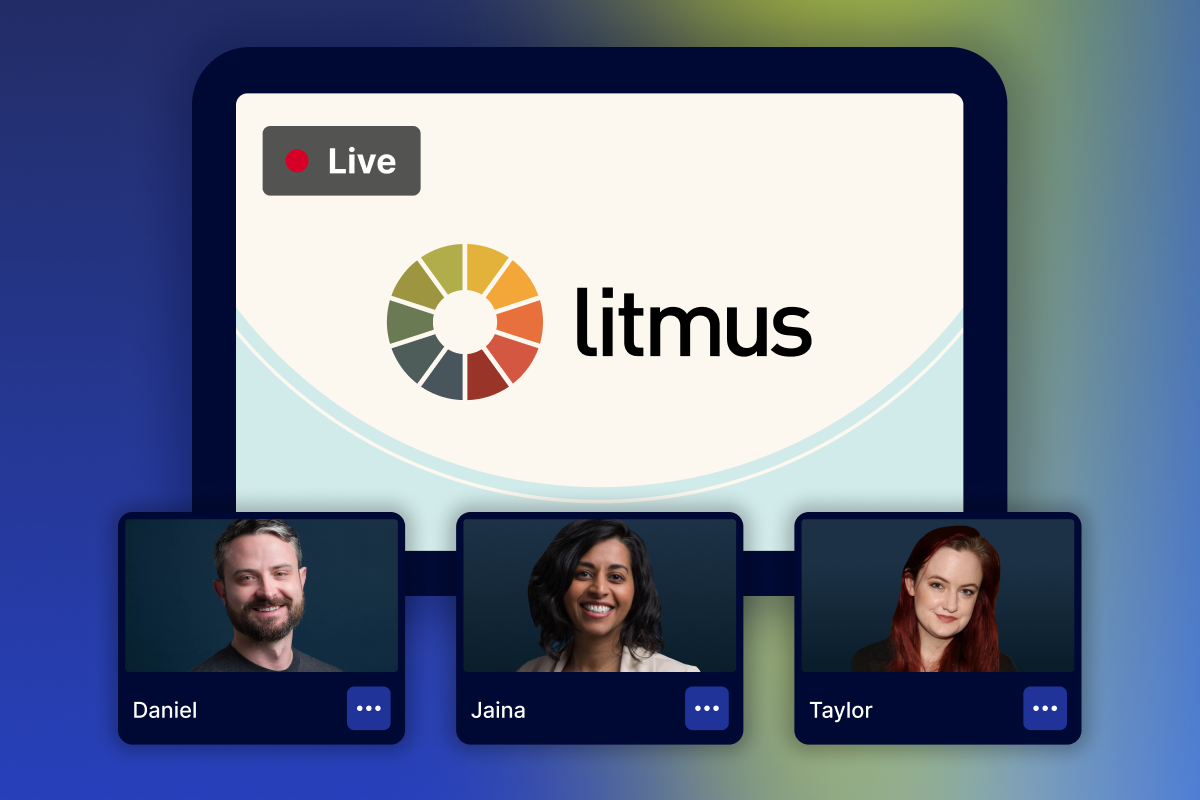9 Essential Apps for Podcast Producers
October 12, 2020
Topic tags
If there’s a metaphor about podcasting that you can pluck from the world of Harry Potter, it’s that a podcaster is a wizard, and technology is a wand. A wand can bring your creative concept to life. But you, the wizard, ultimately conjured up the idea in the first place.
But as much as we like to attribute our success to our own creative abilities, technology deserves just as much credit. Even if you crank out more ideas than J.K. Rowling did for Harry Potter, you need the right type of technology to effectively execute them (there’s a reason why Voldemort wanted the Elder Wand and not Ron’s broken one).
In other words, the right type of technology is what unleashes your creativity and takes your ideas from good to great. From pre-production to post-production and beyond, here are nine essential tools that can help you create binge-worthy podcasts.
Pre-production tools
Before you press record, you need to organize your team’s podcasting process, outline your script, write it, and book your guests. Here are three tools that can help you do just that!
1. Trello
Trello is a leading project management software. With their pinboards, you can assign each task of your podcasting process to your team members; add due dates, comments, and attachments to them; and track each task’s progress.
Using a project management tool will help your team produce a podcast in an orderly, systematic fashion, and make your process easier to repeat over time, saving time and effort.
Depending on your needs, Basecamp and Asana are two other project management tools to consider for managing your podcast workflow.
2. Google Docs
Google Docs is the quintessential word processing software. All of your documents are hosted on the cloud, so you can script your podcast episodes, collaborate on them with your team, and edit them — anytime, anywhere. The best part? Google Docs is totally free!
3. Book Like a Boss
Armed with Book Like a Boss, you can create a landing page that handles guest booking for you. Just sync your calendar app to the scheduling software, create your landing page, and send it to your guests.
Book Like a Boss also sends a series of emails to your guests to remind them about your meeting. Your guests can also cancel or reschedule your meeting via those emails.
Additionally, you can personalize your landing page by adding a header, a photo, a gallery of pictures, info about your brand or podcast, and your schedule and by customizing your color scheme and footer to match your brand.
Production Tools
From recording remote interviews and hosting live shows, here are three podcast production tools that will make recording a breeze.
4. Zencastr
Zencastr is remote recording software that lets you interview one or multiple guests from anywhere in the world with studio-quality sound. With Zencastr, all you need to do is send a link to your guests and record your interview; your audio will automatically be saved to your Google Drive or Dropbox account.
That means your guests don’t need to download any third-party apps, like Skype or Google Hangouts, to chat with you. They also don’t need to sign up for Zencastr to join a recording session.
5. iOS Voice Memos app
There’s nothing worse than losing a recording. Fortunately, the Voice Memos app is the best mobile recording app for backing up your interviews. Just ask your guests to self-sync the voice memo app to Zencastr when you record your conversation with them.
6. StreamYard
If you run a live show, StreamYard can distribute it to Facebook, YouTube, LinkedIn, Periscope, Twitch, and custom RTMP outputs in real-time. And, up to 10 people can join your live stream at once and contribute to the conversation.
To boost audience engagement during your show, StreamYard lets you share your screen, brand your broadcast, send calls to action to your audience, and show viewer comments on screen.
Post-production tools
As any podcast producer knows, the work doesn’t stop after you finish recording. There’s still plenty to do with sound engineering, editing, transcribing, and more. Here are a few handy dandy tools that can help lighten the load.
7. Descript
Descript is transcription software with an AI setting that transcribes at a 96% accuracy rate and a human setting that transcribes at a 99% accuracy rate. Using a transcription service can massively cut down on the amount of time you spend writing show notes.
Descript also has an overdub feature, which creates an AI voice print of your voice. This handy feature can cover for you if you forget to mention something during your recording or if you mispronounce a name or word.
8. Storyblocks
In a perfect world, podcasters could download their favorite songs and use them to jazz up their shows — for free. Unfortunately, most of these songs are copyrighted and require a fee to use.
If music is an essential part of your podcast — fret not. Storyblocks is a royalty-free music and sound-effects website that offers countless high-quality audio files. If you’re on a budget and need a diverse range of music and sound effects, this is the app for you.
9. GarageBand
For being completely free, GarageBand is one of the best pieces of editing software around. It’s a beginner-friendly app that boasts pro tools like reverb, compression, visual EQ, volume levels, and stereo panning, which can provide a nice polish to your podcast’s sound quality.
For PC users, Audacity is a viable alternative. For more advanced podcasters, Adobe Audition is the industry-standard for audio-editing software. There’s a fairly steep learning curve with Audition, but once you know the basics, you can do almost everything you’ll ever need to do.
Building your podcasting stack
Every wizard needs a wand to cast spells — and every podcaster needs technology to craft shows. As much as we want to credit our own creative abilities for our success, we owe just as much recognition to the technology that brings our ideas to life, because the right type of technology can take your ideas from good to great.






